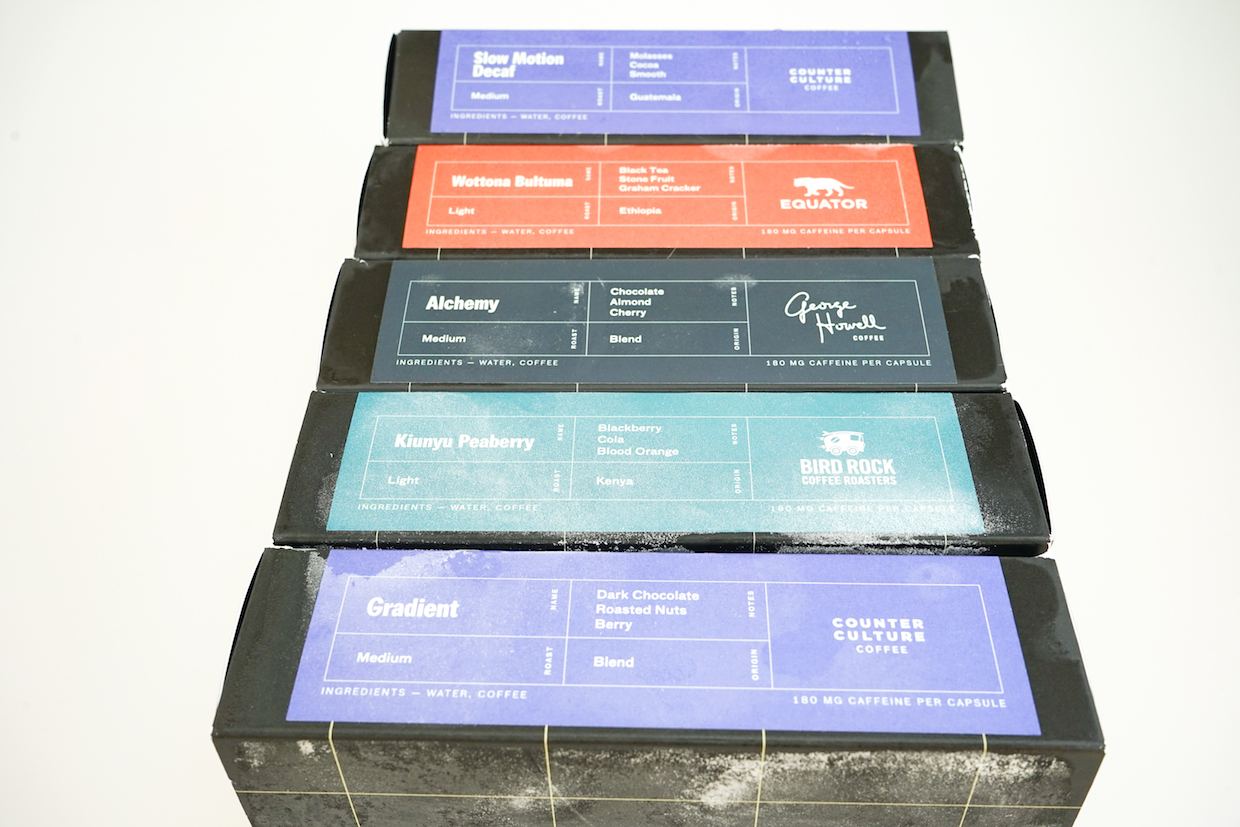
Cometeer coffees are currently being roasted by six prominent U.S. companies. Daily Coffee News photo by Howard Bryman.
Massachusetts-based coffee technology and manufacturing startup Cometeer is finally ready for liftoff with an entirely new take on high-quality, high-convenience coffee.
After winning a Best New Product award at the SCA Expo in Boston last year for its cryogenically preserved coffee extract capsules, Cometeer proudly pronounced, “The future of coffee is here.” Roughly 20 months later and with some $50 million in venture capital secured, the future of coffee is back, fully prepared for production and distribution in 2021 following a recent soft launch.
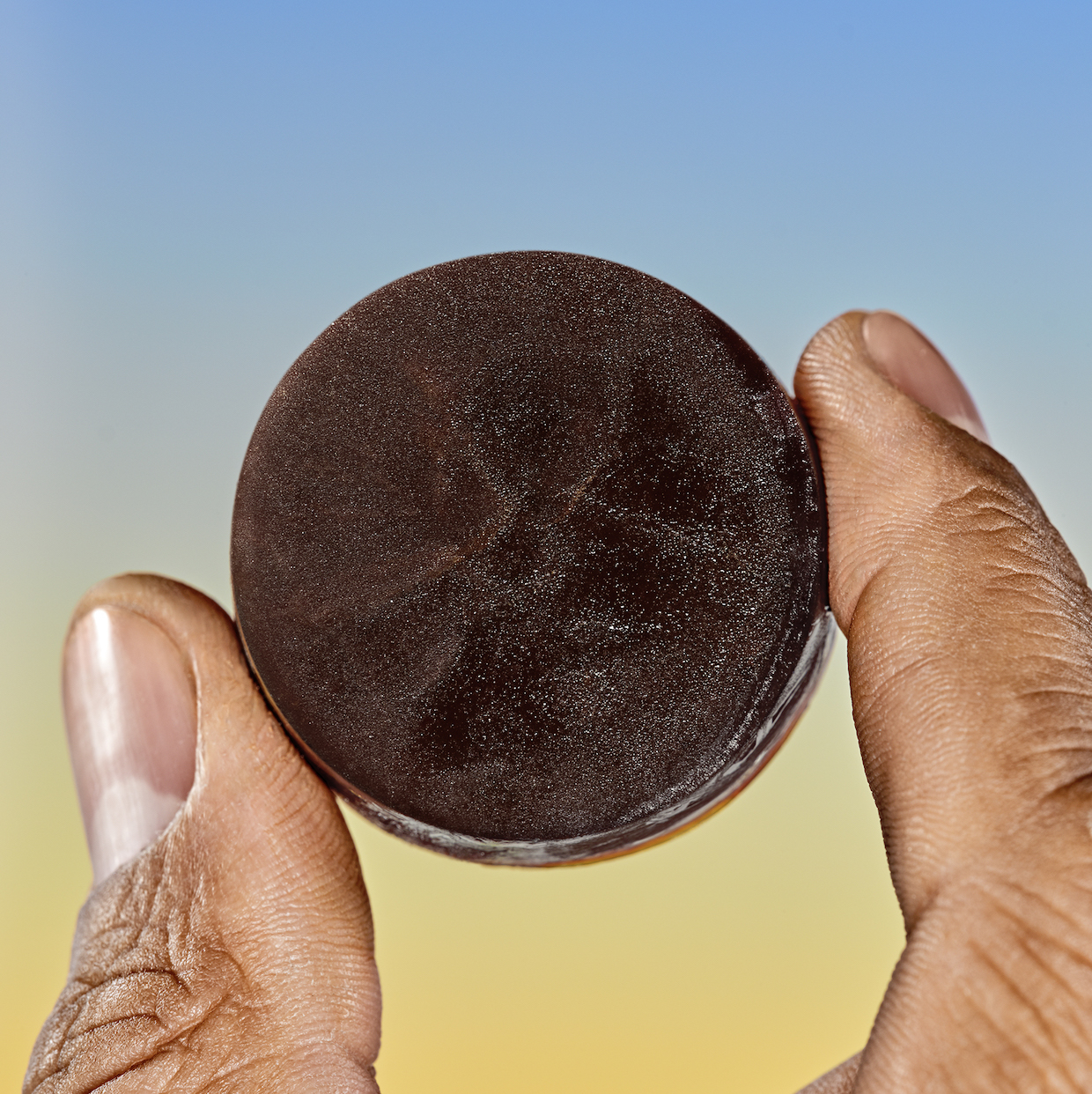
A Cometeer coffee concentrate puck, which can be used for various brewing applications. Photo courtesy of Cometeer.
“The Cometeer team and I have spent the past several years building our proprietary coffee process and perfecting the product through extensive R&D,” Cometeer CEO and Co-Founder Matt Roberts told Daily Coffee News. “We do not want to sacrifice any quality during the scale-up.”
Inside each fully recyclable aluminum Cometeer capsule is a portion of frozen coffee extract featuring popular blends and high-scoring coffees from some renowned roasting companies. This puck-in-capsule design allows for multiple coffee preparation methods.
The capsules can be brewed through capsule-compatible single-cup coffee brewing machines, or customers can simply open the capsule and plop the puck into 6-8 ounces of hot water manually, for a cup of joe with an average TDS of 1.4%. Alternatively, the capsule’s contents can be melted at room temperature and then poured over ice, into cold water or something milky.
Said Roberts, “Our extract maintains a high 14% TDS, so that you can create an iced coffee, a hot coffee, and even espresso-based beverages all from one capsule.”
Cometeer is keeping its patented extract production method under wraps, though it has stated that it waits for peak flavor development from each fresh-roasted coffee, which the company finds is typically around four to seven days off roast. Immediately after brewing, the extract is dropped to -321°F through a liquid nitrogen bath.
“Our methods and systems are proprietary, but our individual parameters shift to deliver the most delicious cup of coffee possible for each roast,” Roberts told DCN. “We adjust variables such as particle size, water chemistry, temperature and pressure, among other factors to create the perfect cup of coffee from each bean.”
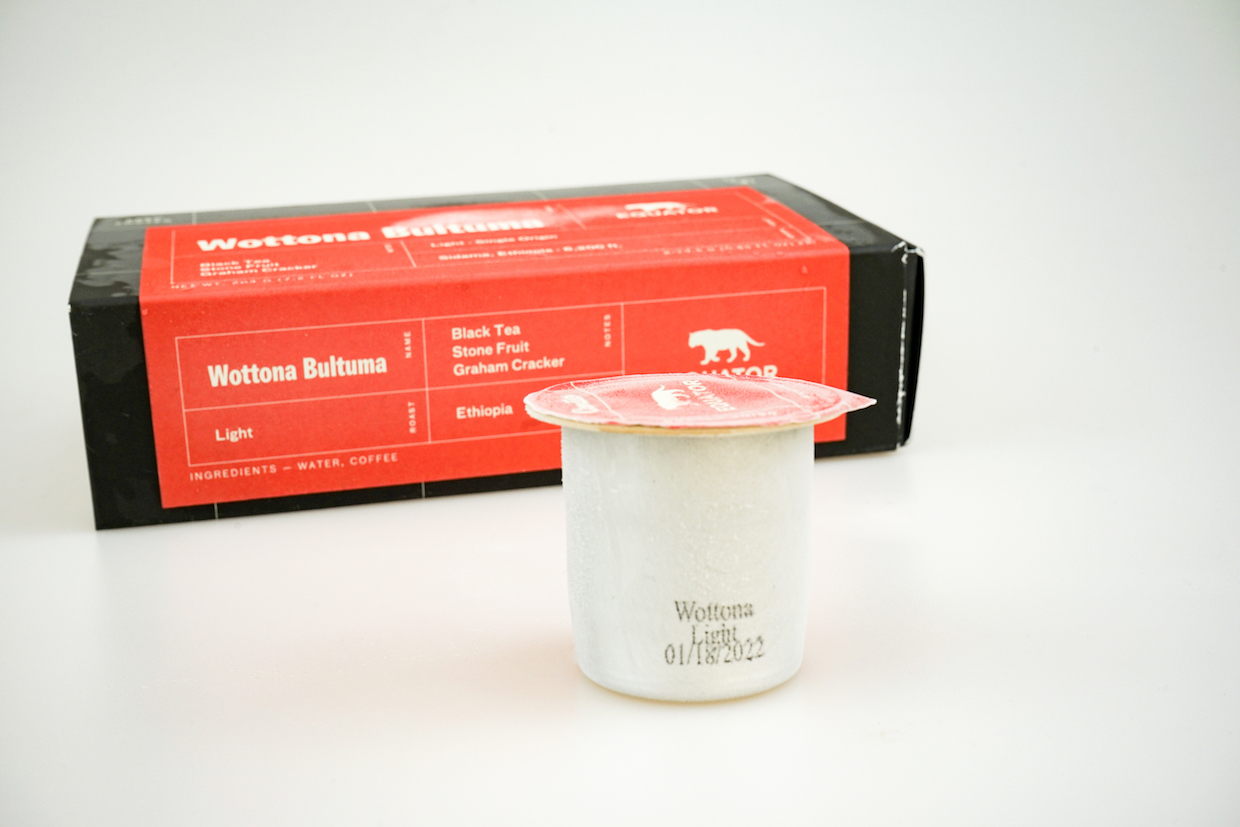
A frozen Cometeer capsule brewed from coffee roasted by Equator Coffees. Daily Coffee News photo by Howard Bryman.
Cometeer plans to ship its capsules to consumers on dry ice in order to maintain freezing. Should the contents of a capsule melt in transit, or when taken on the road in a customer’s luggage or backpack, the coffees maintain full, ideal flavor for another 24 hours at room temperature, or three days in the fridge, according to the company. Customers can buy a shipment of 32 capsules for $64.
The capsules on offer so far feature coffees roasted by several prominent U.S. specialty coffee roasters including Joe Coffee, Birch Coffee, Bird Rock Coffee, George Howell Coffee, Counter Culture Coffee and Equator Coffees. Cometeer production now occurs in a roughly 70,000-square-foot facility in Gloucester, Massachusetts.
A former computer scientist, Roberts co-founded Cometeer in 2015 along with Doug Hoon and Karl Winkler, who each possess extensive backgrounds in engineering and product development.
Cometeer was joined in the research and development phase by additional scientists and coffee consultants, including George Howell the man, while also raising more than $50 million in Series A funding.
In 2020, Cometeer was listed among groups of buyers taking home top-scoring lots from several Cup of Excellence green coffee auctions, including in El Salvador, Ethiopia, Guatemala and Nicaragua. The average cost per pound for the lots in which Cometeer placed a winning bid was an astronomical $120.57.
“Part of our mission is democratizing coffee, and helping the farmers get paid more,” said Roberts. “Selfishly, we also like to participate in these auctions because we love sampling coffee from the most innovative farms around the world. Coffee is improving year over year for the most part. However, one wine vineyard in California can often see more investment dollars than entire countries in the coffee world. Our hope is that farmers get paid more, and can continue to invest in innovative farming and processing techniques to widen the flavor spectrum in coffee.”
The company told DCN these expensive trophy coffees will be roasted by partner roasters, brewed, and then stored in Cometeer’s “capsule vault” for later availability.
“Our goal is to continue partnering with leading brands to make the industry more delicious, fair, sustainable, and overall future-forward,” Roberts said. “With this focus we hope to de-commoditize the industry.”
[Editor’s note: This story has been updated. A previous version referred to Cometeer’s coffee as a frozen concentrate. It is more accurately described as a frozen extract.]
Howard Bryman
Howard Bryman is the associate editor of Daily Coffee News by Roast Magazine. He is based in Portland, Oregon.
Comment
1 Comment
Comments are closed.



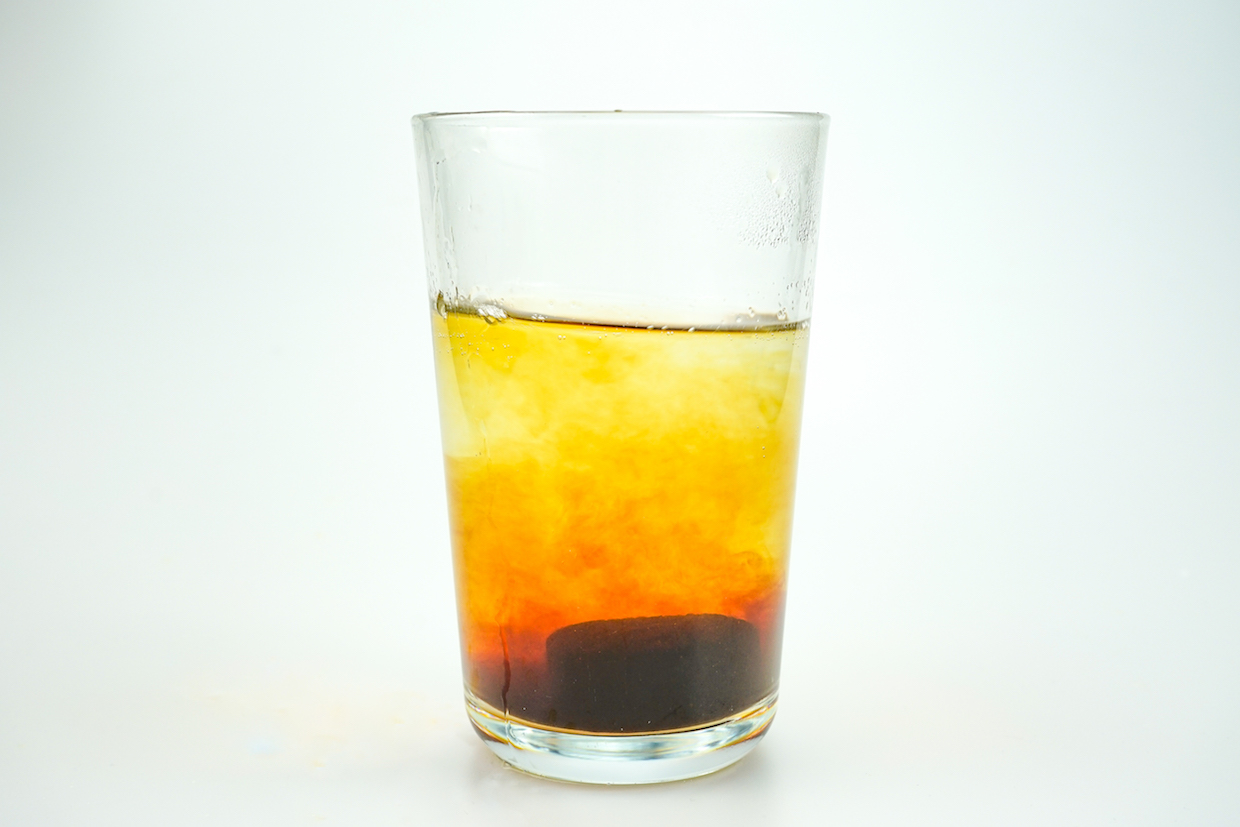
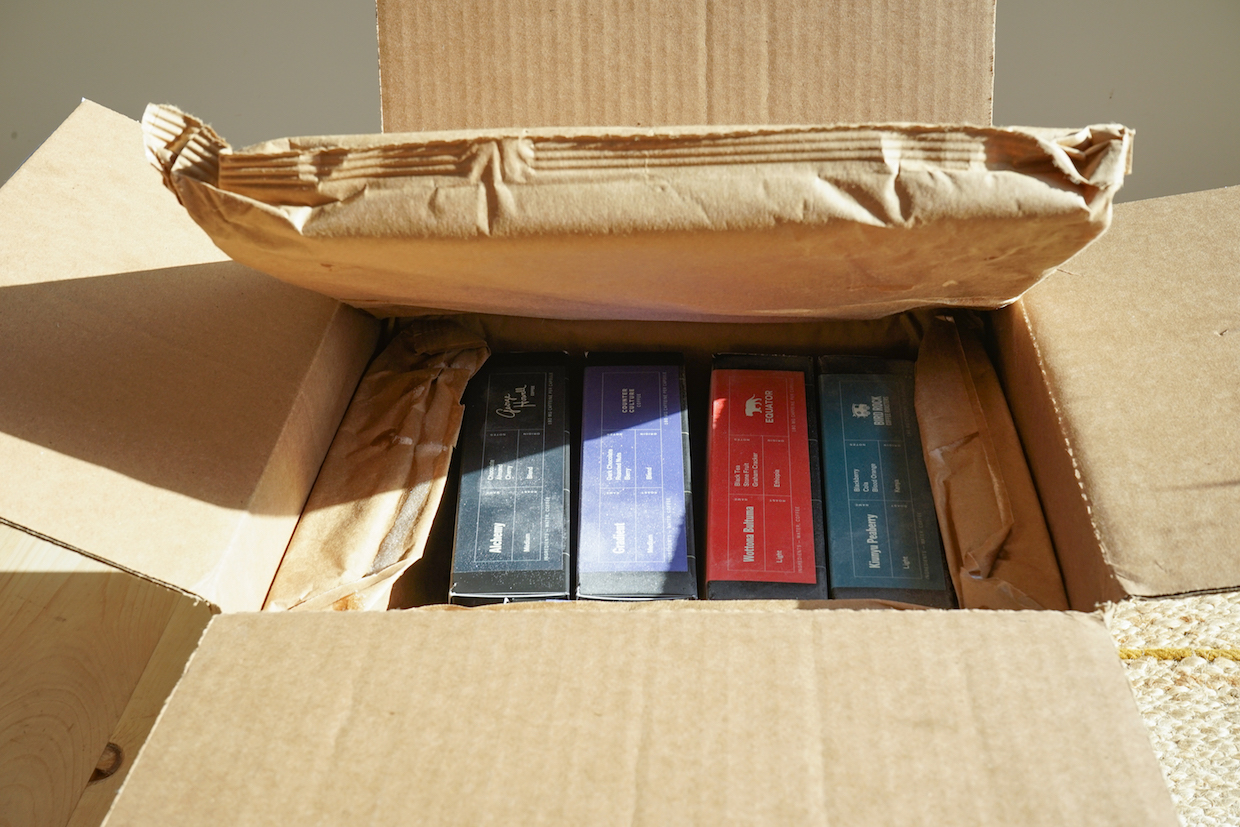
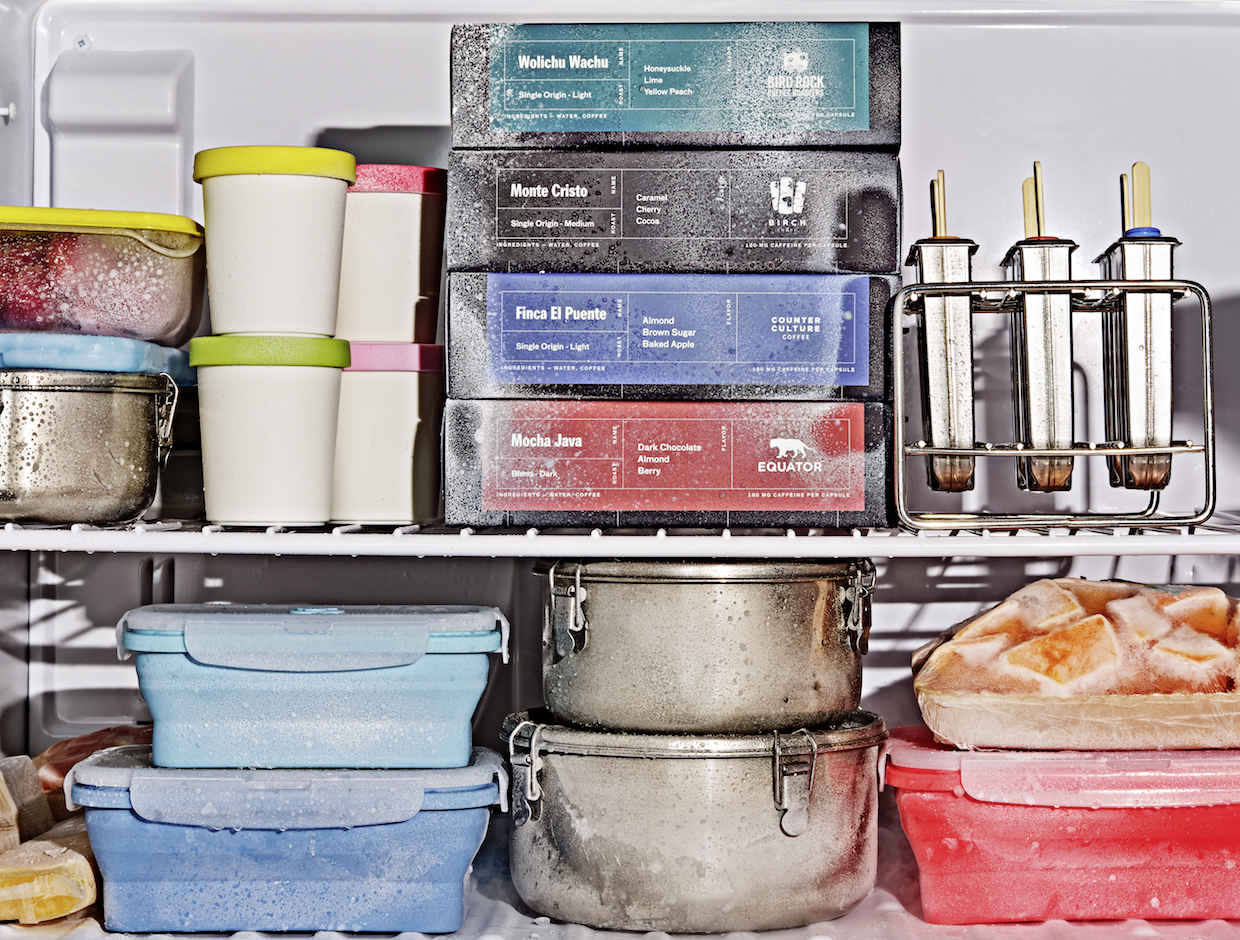



It’s puzzling to me that the coffee industry seems a removed from eco packaging. K cups, assorted “pack and pitch” coffee packaging, packaging so complex the cost to purchase seems out of reach. The cannabis industry (at least in my Southwest neighborhood) uses black Cambro containers and grip lids to keep its inventory fresh. Any coffee wholesaler would do wise to look into it. Bomb-proof. Over and over again.
jo